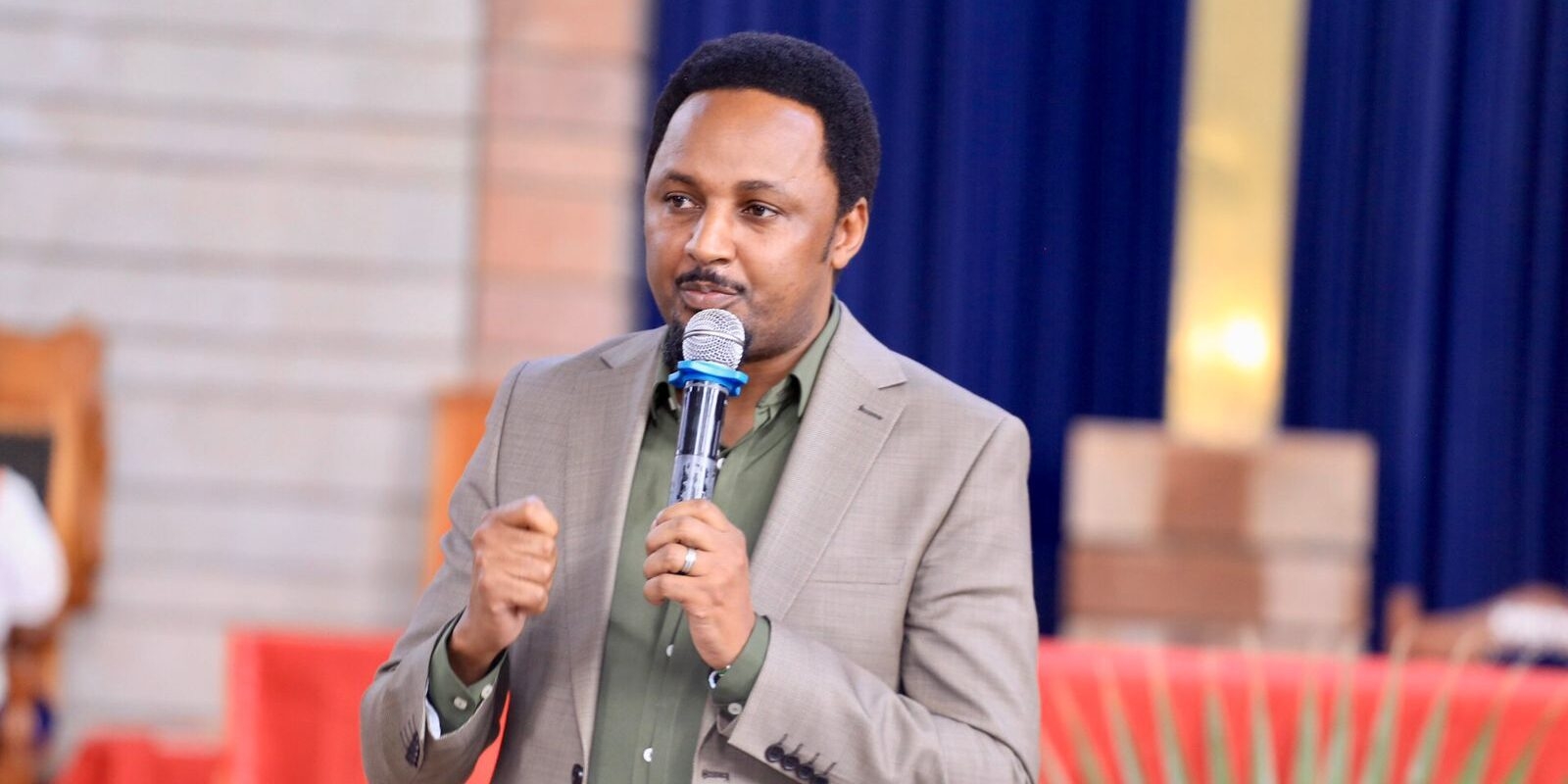Today’s economy does not favour the middle class. For years, we were told that the middle class was the building block of society, but the current economic crisis is generally harsher towards the mid-income households.
The middle class is the middle strata in the social construct of economic classes. They are often the distinctive barrier between the wealthy and the working class people in a society. The middle class is made up of qualified and well-educated individuals, who are often identified by their occupation, income or education status.
The middle class, with their stable incomes and desire for more, are what keep economies afloat. An average middle class family contributes to the tax, pension and healthcare systems. This mid-range family is likely to have several personal loans to financial institutions in the form of mortgages, car payments or even educational loans.
I came across a video of a woman crying on TikTok, saying how she and her husband have good jobs but after paying their bills on payday, they barely had anything left over for the rest of the month. If you thought the comment section would have been empathising, then you (like me) are in for a rude awakening.
Everyone in the comment section was unsympathetic. They found her situation to be a particularly comfortable one in these harsh economic times. For one to be able to pay all their bills completely and buy groceries and still have a little cash left was a cushy lifestyle compared to how people were struggling just to pay bills. These are middle class people with good pay, yet they still struggle to pay all their bills.
Granted, this was a woman speaking from a North American perspective, but I believe this observation can be placed within a global context, proving that the middle class families have been the most affected in recent times. In Europe, those in countries with the most welfare security are finding themselves receiving the short end of the stick as they are forced to fork out large amounts of taxes and contributions to the government to fund the government's decisions to take in refugees or support of ongoing wars.
In Kenya, most of the middle class families are barely keeping their heads above water. I know for a fact that most families are barely able to live the paycheque-to-paycheque lifestyle they are accustomed to. Many find themselves on zero or negative balances before mid-month. Why else would our country come up with easy-to-get loans like M-Shwari and Fuliza?
The post-pandemic life has upturned what we've all known. The middle class knew comfort. They could pay their bills and all their household expenses, save and still have enough to sustain until the next month. The rich remain largely unaffected thanks to the various tax relief options offered to the wealthy and ‘legal loopholes’ they take advantage of.
Meanwhile, the working man is laboured to keep up with paying taxes, loans and fund whatever new gimmicks the government decides to come up with overnight. What the governments of the day are refusing to see is that the more pressure there is on a working class, the more it will eventually lead to a combustion of the whole system.
A frustrated mid-hierarchy is the only one capable of overthrowing governments. Any overthrown regime was successful because the middle class had had enough. All the countries still maintaining authoritarian regimes are only doing so because the people are allowing it. Should a working class have nothing left to lose, then they have nothing left to fear.











